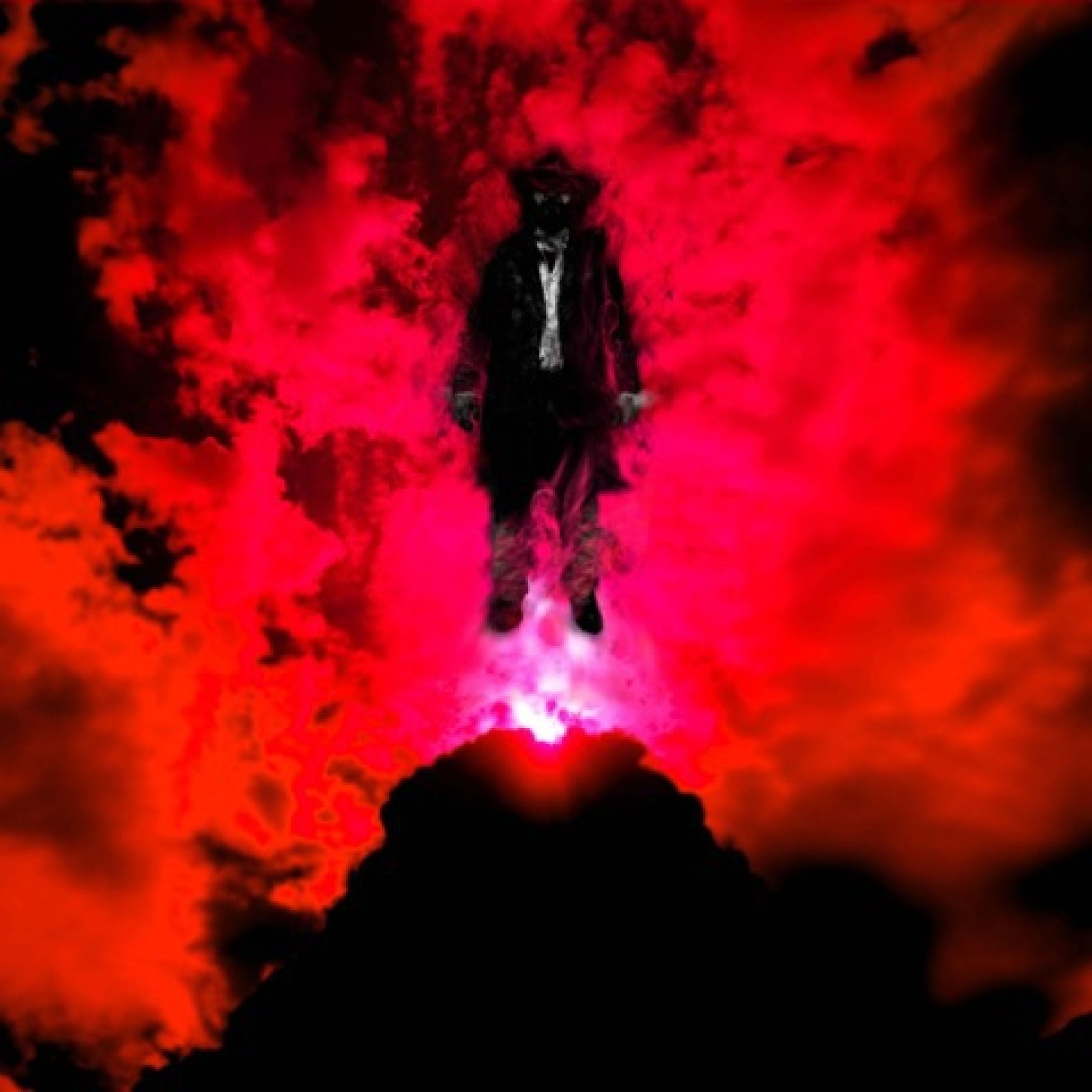Warwick Thornton is an Australian filmmaker, cinematographer, and screenwriter of Aboriginal descent. Born in Alice Springs, Northern Territory in 1970, Thornton is recognized for his outstanding contribution to the Australian film industry, particularly for his focus on Indigenous stories and experiences. He is considered to be one of the leading voices in contemporary Australian cinema, and his work has received numerous accolades both nationally and internationally.
Thornton’s cinematic career began in 1997 when he began working as a camera operator on various short films and documentaries. His feature-length directorial debut, “Samson and Delilah,” premiered in 2009 and was a critical and commercial success, winning the prestigious Camera d’Or at the Cannes Film Festival. The film, which tells the story of two young Aboriginal teenagers living in a remote community, was hailed for its raw, authentic portrayal of Indigenous experiences in Australia.
Following the success of “Samson and Delilah,” Thornton continued to create powerful and thought-provoking films that explore themes such as identity, cultural heritage, and social justice. In 2013, he directed “The Darkside,” a unique hybrid of documentary and drama that examines Indigenous ghost stories in Australia. The film was well-received and earned Thornton the Best Direction in a Documentary award at the 2014 Australian Directors Guild Awards.
In 2017, Thornton directed and co-wrote the acclaimed Australian western, “Sweet Country.” The film, set in the Northern Territory in the 1920s, follows an Aboriginal farmhand who goes on the run after killing a white landowner in self-defense. “Sweet Country” received numerous awards, including the Platform Prize at the Toronto International Film Festival and the Best Film award at the 2018 Australian Academy of Cinema and Television Arts Awards.
Throughout his career, Thornton has also worked as a cinematographer, lending his visual expertise to films such as “Radiance” and “The Sapphires.” He is known for his innovative and visually stunning approach to filmmaking, often using natural light and a handheld camera to create an immersive and authentic experience for viewers.
In addition to his film work, Thornton is also a respected artist and photographer. His photographs often depict landscapes and people from remote Indigenous communities, highlighting the beauty and diversity of Aboriginal culture. He has exhibited his work in galleries across Australia, and his photographs have been published in various books and publications.
Overall, Warwick Thornton is a groundbreaking filmmaker and artist who has made a significant impact on the Australian film industry. Through his work, he has brought Indigenous stories and experiences to the forefront, challenging audiences to confront issues of race, identity, and social justice. His unique and innovative approach to storytelling has earned him numerous awards and critical acclaim, solidifying his place as one of the most important voices in Australian cinema today.
